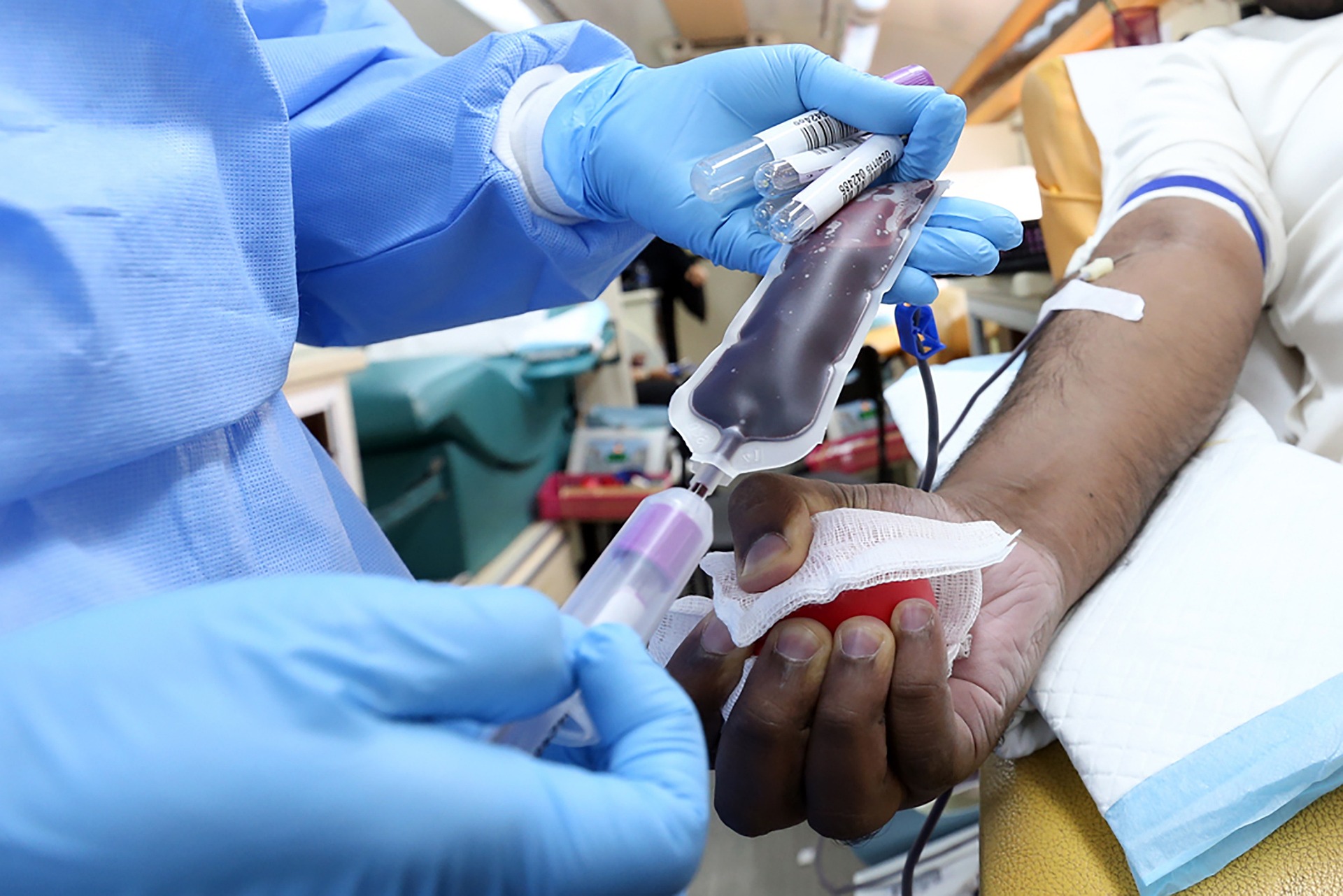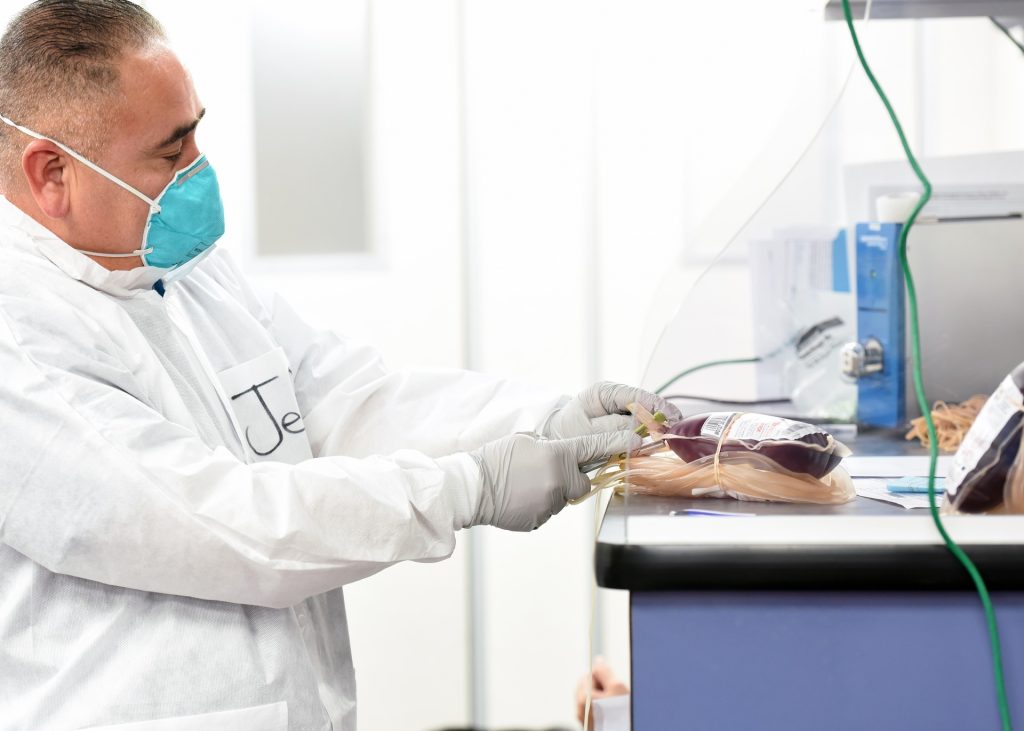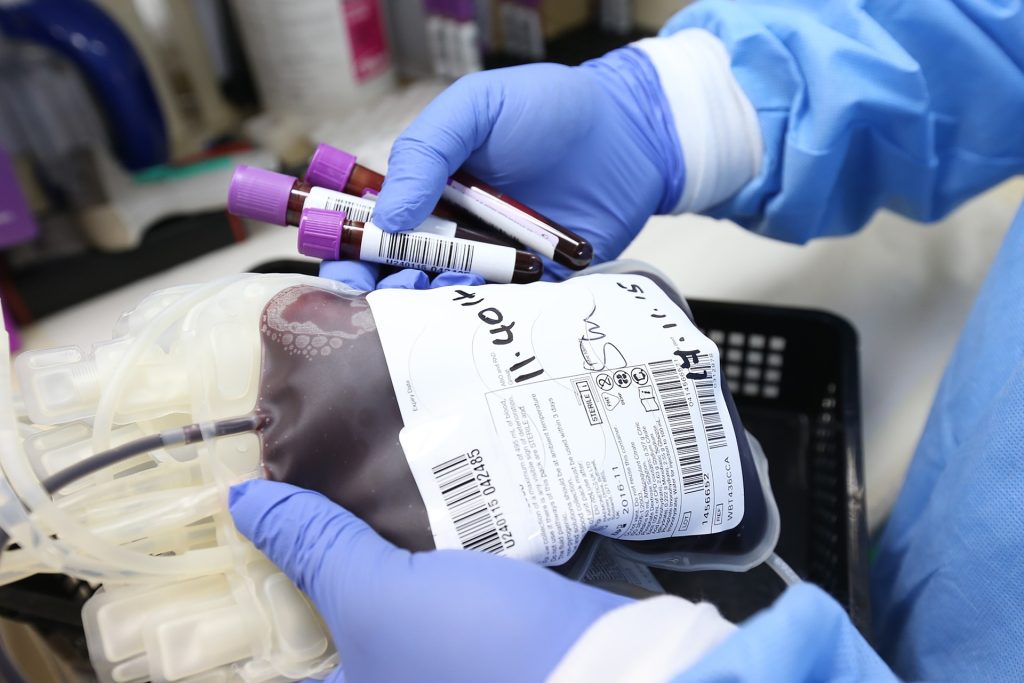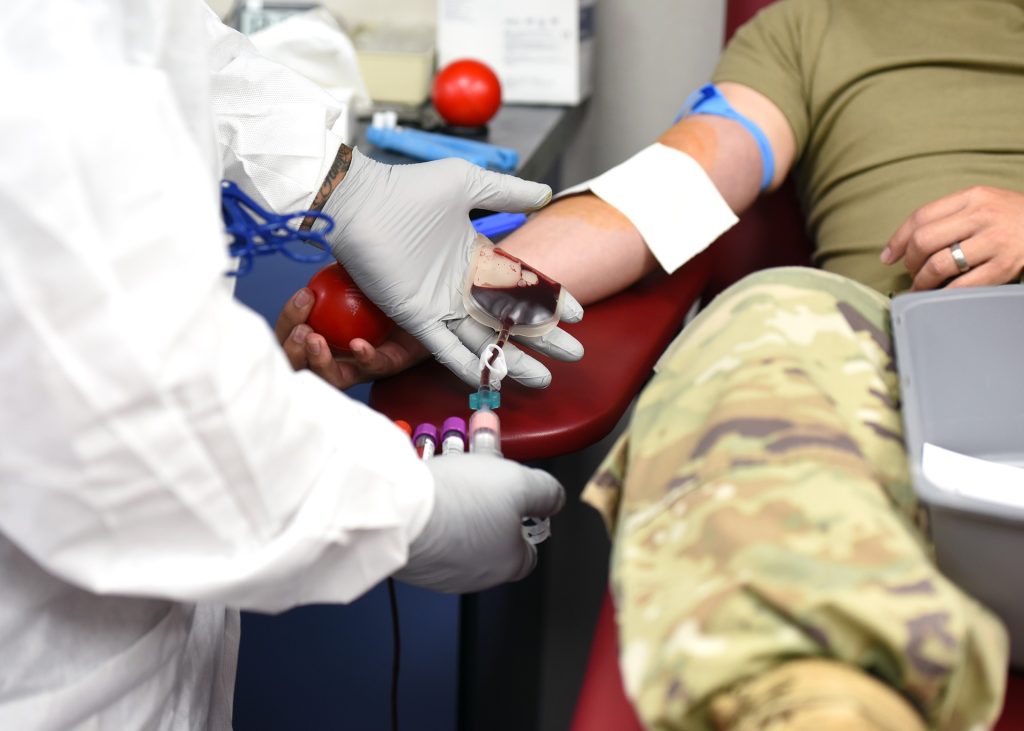
Blood donation is a selfless act that holds immense significance in healthcare systems worldwide. It involves voluntarily giving a portion of one’s blood to be used for various medical purposes. The advantages of blood donation extend far beyond the act itself, impacting both donors and recipients positively. In this article, we will delve into the multifaceted benefits of blood donation, emphasizing its crucial role in saving lives and promoting community well-being.

- Saving Lives:
One of the most apparent advantages of blood donation is its potential to save lives. Blood transfusions are vital in various medical situations, such as surgeries, trauma care, cancer treatments, and childbirth complications. By donating blood, individuals contribute to the availability of a critical resource that can mean the difference between life and death for patients in need.
- Emergency Preparedness:
Blood donation plays a pivotal role in enhancing a community’s emergency preparedness. A sudden surge in the demand for blood could be required during natural disasters, accidents, and unforeseen events. An adequate supply can be maintained by regular blood donations thus ensuring that hospitals and healthcare facilities can respond promptly to emergencies without facing shortages.

- Health Benefits for Donors:
While the primary focus of blood donation is to benefit recipients, health advantages can be experienced to donors. The iron levels in the body can be regulated by donating blood, reducing the risk of cardiovascular diseases. It stimulates the production of new blood cells, promoting overall cardiovascular health and maintaining a healthy blood flow.

- Community Bonding and Social Responsibility:
A sense of community bonding and social responsibility is fostered by blood donation. When individuals come together to donate blood, they contribute to the well-being of their community. This act of selflessness creates a positive impact, fostering a sense of unity and shared responsibility among community members.
- Raising Awareness about Health:
Blood donation campaigns serve as platforms to raise awareness about health-related issues. Valuable information about blood disorders, the importance of regular check-ups, and healthy lifestyle choices can be provided by educational programs conducted during blood drives. This increased awareness empowers individuals to take proactive measures to maintain their health.
- Reduction in Blood-Related Disorders:
The risk of certain blood-related disorders can be reduced with the help of regular blood donation. Excessive iron levels in the body can lead to conditions like hemochromatosis, which may have severe health consequences. By donating blood, individuals can help regulate their iron levels, lowering the risk of such disorders.
- Economic Benefits:
The economic advantages of blood donation are often overlooked but are significant. The cost of treating patients who require blood transfusions is considerably lower when an ample supply of donated blood is readily available. This, in turn, reduces the financial burden on both individuals and healthcare systems.

- Enhancing Donor’s Emotional Well-being:
The act of blood donation can have positive effects on the emotional well-being of donors. Knowing that they have played a crucial role in saving someone’s life can evoke a sense of fulfillment and satisfaction. This positive emotional impact can contribute to an overall sense of well-being and happiness.
Conclusion:
In conclusion, the advantages of blood donation extend beyond the immediate act of saving lives. From promoting community well-being and emergency preparedness to providing health benefits for donors, blood donation is a multifaceted practice with far-reaching positive effects. As societies continue to recognize the importance of this selfless act, it is essential to encourage and support blood donation initiatives to ensure a steady and sufficient supply of this life-saving resource.







